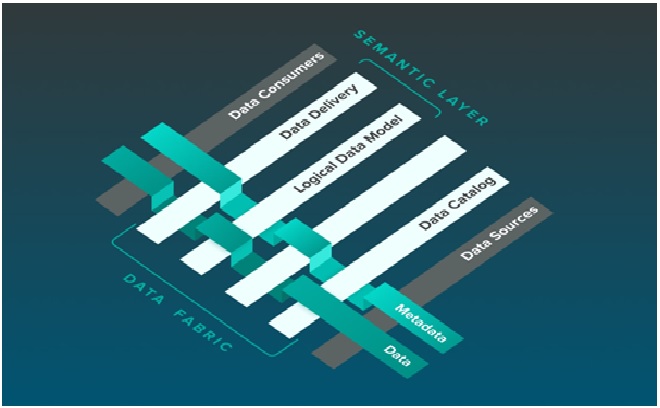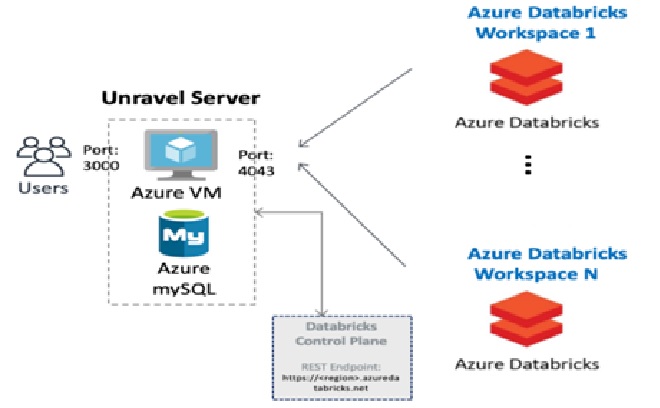Big Data
Big data refers to extremely large and complex data sets that cannot be easily managed or analysed using traditional data processing tools or methods. These data sets are typically so large that they require specialized software tools and systems to handle them.
Big Data bring new opportunities to modern society and challenges to data scientists. On the one hand, Big Data hold great promises for discovering subtle population patterns and heterogeneities that are not possible with small-scale data. On the other hand, the massive sample size and high dimensionality of Big Data introduce unique computational and statistical challenges, including scalability and storage bottleneck, noise accumulation, spurious correlation, incidental endogeneity, and measurement errors. These challenges are distinguished and require new computational and statistical paradigm.[1]
These useful informations for companies or organizations with the help of gaining richer and deeper insights and getting an advantage over the competition. For this reason, big data implementations need to be analysed and executed as accurately as possible. This paper presents an overview of big data's content, scope, samples, methods, advantages, and challenges and discusses privacy concern on it.[2]

Figure 1.Big data
Figure 1 shows "big data" is used to describe the volume, velocity, and variety of data that is being generated every day. The volume of data is increasing exponentially as more and more devices are connected to the internet and as more data is being created through social media, online transactions, and other sources. The velocity of data refers to the speed at which it is being generated and the need to process it in real time. The variety of data refers to the different types of data that are being generated, such as structured data (such as from databases) and unstructured data (such as from social media posts or images).
Big data is being used in a wide range of industries and applications, from finance and healthcare to marketing and transportation. Companies are investing in big data technologies and platforms to process and analyse large amounts of data in real time, allowing them to gain insights into customer behaviour, market trends, and other important business metrics. However, there are also concerns about the ethical implications of big data, such as privacy, bias, and fairness.
References:
- https://academic.oup.com/nsr/article/1/2/293/1397586?login=false
- https://ieeexplore.ieee.org/abstract/document/6567202
Cite this article:
Janani R (2023),Big data, AnaTechMaz, pp.56















